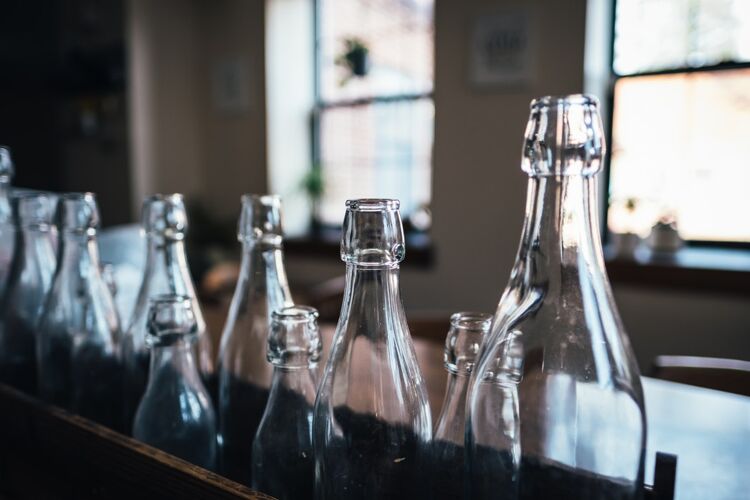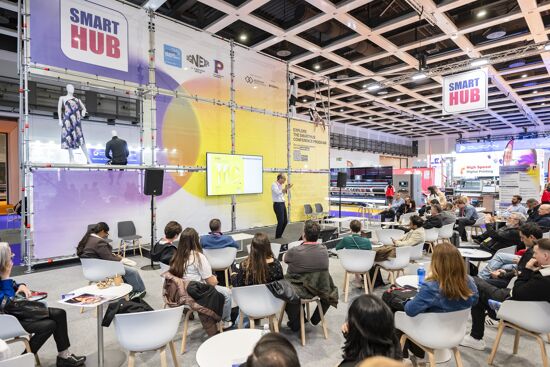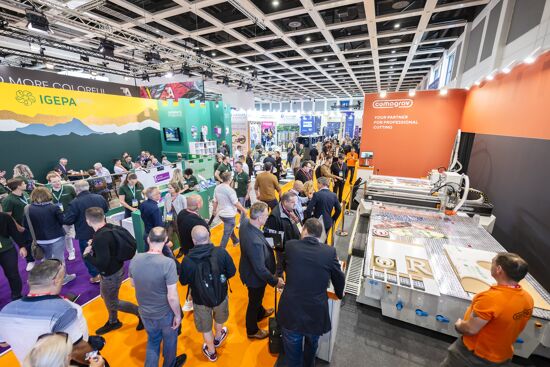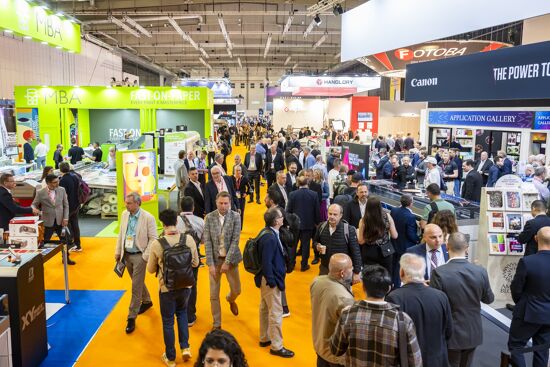Deinking glass

Laurel Brunner discusses printing on glass and the recycling and reuse of glass containers and bottles.
It takes about 1 million years for glass to biodegrade, so it’s a good thing that we have figured out sensible recycling processes for it. However, as the packaging industry gets ever more slickers, we must pay more attention to how we can keep recycling glass, particularly containers efficiently. Digital printing technology makes it easier to print direct to shape as we move away from plastics. We need to think more about ink formulations and deinking processes for glass containers. It needs to be economically viable to continue recycling them without increasing impacts through more complex deinking and recycling processes.
Printing on glass is quite common in the market although it’s not cheap or easy to print colour directly onto glass bottles and jars. Screen printing accounts for a majority of the market, however it is subject to design constraints like no halftones. That is why there is a general preference for pre-printed colour labels for glass containers. It quite rare to find inkjet systems that are designed to print direct to glass containers in high quality colour, although printing single colours is usually used for coding and marking.
Inkjet inks for printing on glass needs to be strong enough to stick and resist abrasion and be vibrant, with a wide colour gamut and they must be jettable. Inks needs to be removable during the recycling process so that the glass containers can be reused instead of being used to create a new glass product. Either way all the characteristics needed for inks printed on paper also applies to inks printed onto other surfaces like glass.
The availability of more inkjet inks for glass containers printing will improve the update of digital printing in the bottling industry. However, they must be suitable for the recycling and reuse of glass containers. Glass recycling is well established, there are various models around the world for collecting, processing and reusing it or reprocessing the glass into new products.
Efficient glass recycling means that less glass bottles need to be manufactured. This saves resources and makes it easier to move away from plastics. More work is required to develop inkjet inks for process colours that can be printed at speed on directly onto glass containers and then removed in the recycling and reuse phases.
Source: This article was produced by the Verdigris project, an industry initiative intended to raise awareness of print’s positive environmental impact. This commentary helps printing companies keep up to date with environmental standards, and how environmentally friendly business management can help improve their bottom lines. Verdigris is supported by the following companies: Agfa Graphics, Spindrift.click, EFI, FESPA, HP, Kodak, Kornit Digital, Ricoh, Splash PR, Unity Publishing and Xeikon.
Topics
Interested in joining our community?
Enquire today about joining your local FESPA Association or FESPA Direct
Recent news

Industry Experts Explore the Evolution of Smart Manufacturing in the Textile Industry
A FESPA SmartHUB roundtable at Personalisation Experience 2025 discussed smart manufacturing's transformative impact on the textile industry. Experts highlighted the shift to on-demand customisation, driven by digital printing, data analytics, and automation. Key takeaways included enhanced machine control, significant waste reduction through intelligent software and colour management, and improved sustainability via energy efficiency and near-shoring, ensuring agility and environmental responsibility in textile production.

FESPA 2025 gathers leading visionaries from across the speciality print industry in Berlin
FESPA Global Print Expo 2025, European Sign Expo and Personalisation Experience (6 – 9 May 2025, Messe Berlin, Germany) welcomed Visionaries from across the speciality print industry to shape the future of print, develop forward-thinking business strategies, and explore innovative ways to translate emerging industry trends into tangible growth opportunities.

Exploring Cutting-Edge Textile Printing Innovation with Adobe Print Engine 7
Adobe PDF Print Engine 7, launched at FESPA Global Print 2025, significantly advances textile printing. Debbie McKeegan shares how it automates non-white substrate management and RGB colour handling, expands colour gamuts with in-RIP multicolour transparency blending, and streamlines workflows for efficiency and sustainability. This update boosts customisation, reduces waste, and positions businesses at the forefront of digital print innovation.

FESPA Global Print Expo 2025 - Overall Highlights
FESPA Global Print Expo, Europe's leading print and signage exhibition returned to Messe Berlin from 6 - 9 May 2025.